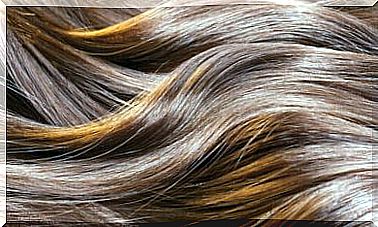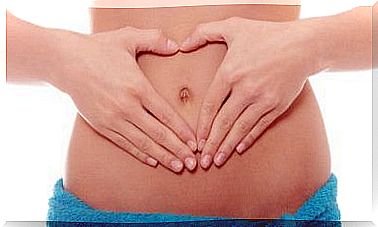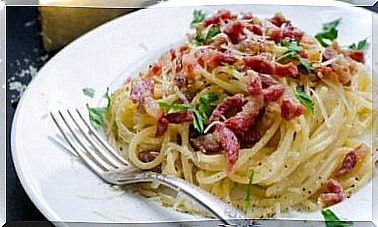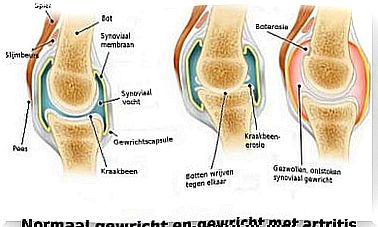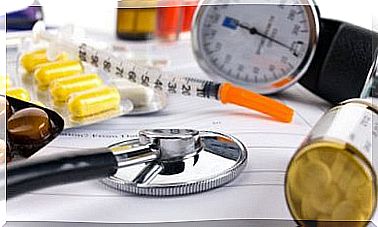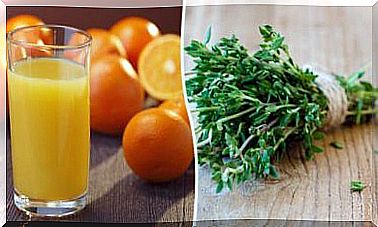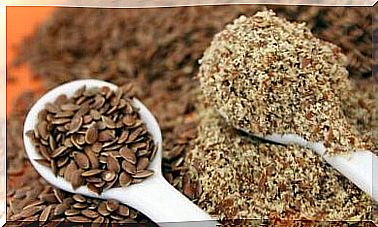The Low-calorie Mediterranean Diet: What You Need To Know?
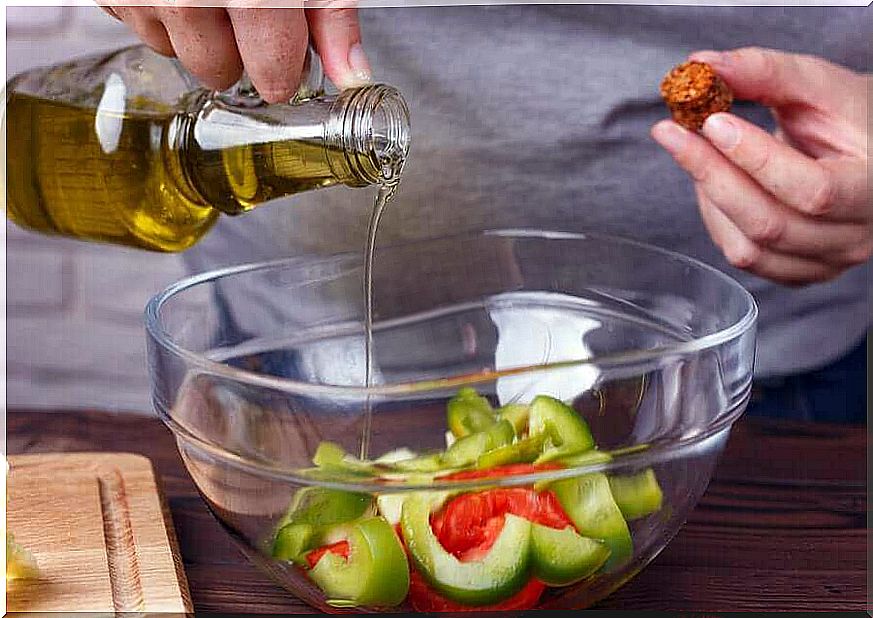
The Mediterranean diet is truly a treasure for our health. Following the low-calorie Mediterranean diet has proven benefits. In this article you will therefore discover what you should keep in mind to make the diet healthy, effective and enjoyable. Are you ready to take notes?
The Mediterranean diet, a source of health
The Mediterranean diet has many health benefits. Most of these benefits are associated with the prevention of chronic diseases: obesity, type 2 diabetes, cardiovascular disease, elevated triglyceride and cholesterol levels, and so on.
The Mediterranean diet has been at the center of a large body of scientific research for decades. The PREDIMED study (Prevención con Dieta Mediterránea) is one of the most remarkable. It investigated the effects of this diet in a total of 7,400 patients over a period of 5 years.
PREDIMED-plus, the low-calorie Mediterranean diet
Following a hypocaloric Mediterranean diet and exercising helps patients lose weight, lower cardiovascular risks and still maintain these benefits after one year, especially in patients with metabolic syndrome, obesity and overweight.
This is the main conclusion of the PREDIMED-plus study. The study also found that patients who followed this nutritional regimen showed improvements in glucose metabolism control parameters, their lipid profile and some markers of inflammation compared to those who did not follow the diet.
These are encouraging results when faced with the increasing rates of obesity and overweight that have been reported in Spain in recent decades.
Sticking to the diet (being able to follow it for a long time) is an important point to maintain the long-term benefits and really improve health.
Now that you’re familiar with the benefits of the Mediterranean diet and how a low-calorie diet can benefit health, let’s take a look at how you can put it into practice.
The 5 most important points of the low-calorie Mediterranean diet
Reducing calories should not come at the expense of our diet or macronutrient balance. In addition, it is important to keep the basics of the Mediterranean diet intact so that you do not lose its beneficial effects.
To avoid mistakes that can harm your health, you should therefore follow these 5 basic tips. That way, your low-calorie Mediterranean diet will be a great success.
1. Fruits and vegetables, the most important parts of our meals
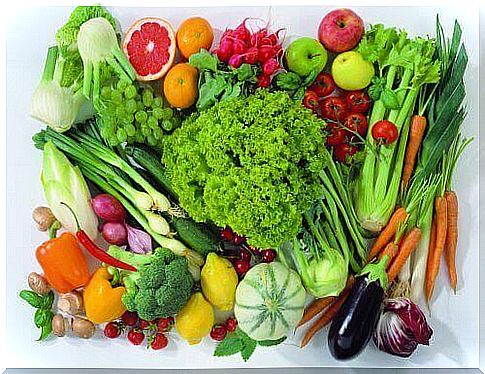
Fruits and vegetables are a great source of antioxidants, fiber and beneficial vitamins. These nutrients can help prevent cardiovascular disease and other health problems.
In a low-calorie Mediterranean diet, vegetables should form the basis of our diet. They should represent about half of what we eat.
A tip to stay on track: eat a nice salad or some grilled vegetables as a starter. They are light and help you stay hydrated. In addition, if chewed well, they have a satiating (filling) effect thanks to the fiber they contain.
For example, there are many produce from the garden that you can use to make salads and a variety of dishes. Some possibilities are for example:
- tomatoes
- Salad
- Roots
- peppers
- Onions
- mushrooms
- cucumbers
- Spinach
- Endive
- Celery
- gourds
- Zucchini
- Eggplant
You just have to pay attention to the extra ingredients because if you add too much cheese, tuna, corn, olives or pasta, the dish is no longer hypocaloric.
2. A nutritious breakfast
To follow the low-calorie Mediterranean diet, you don’t have to skip meals. For breakfast you can choose toasted wholemeal bread with tomato and olive oil, with some ham, tuna or a slice of cheese.
Another healthy option is a bowl of natural yogurt or kefir with chunks of fresh fruit and a handful of dried fruit.
In any case, try to avoid white bread, cereals, cookies or cocoa. They usually contain high amounts of sugar and you will likely feel hungry again soon.
3. Eggs, Legumes and Fish: Protein Sources
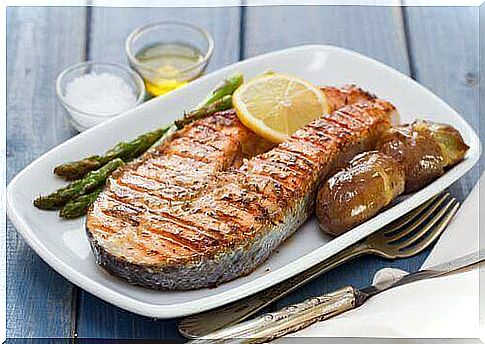
To accompany fruits and vegetables, it is best to choose high-quality protein sources. Blue or white fish and eggs are low-calorie foods that can be prepared in a healthy way. In addition, foods rich in protein have a satiating effect that makes us feel full for longer.
Fish can be cooked in the oven, skillet or you can steam it. You can season it with fresh herbs and spices. Eggs can be boiled or made into an omelette.
In addition to fiber and minerals, legumes also provide high-quality proteins. In addition, they have always been part of the Mediterranean diet. However, they are consumed less frequently. That is why it is important to include them in your diet. They are so good for our health.
4. Fats should also always be present in our diet, including in the low-calorie Mediterranean diet
Fats are one of the nutrients that give us the most energy. But they are also a necessary nutrient for the proper functioning of our body.
Therefore, it is not recommended to eliminate fats from the diet, even if it is a low-calorie diet. It is important to choose them wisely and not to consume them excessively.
Extra virgin olive oil is one of the healthiest fats out there. This is therefore our choice for daily cooking and to use as a dressing. You can make delicious homemade vinaigrettes with lemon or orange juice, vinegar and fresh herbs.
Dried fruits and nuts also provide us with healthy monounsaturated fats. In addition, they are satiating and a good source of fiber, ideal for regulating our gut function. Just a handful a day for breakfast or snack is enough. It is best if they are raw or roasted, nothing fried or salted.
5. Light and healthy food between meals

If you’re one of those people who needs a mid-morning or late afternoon snack, or you know you won’t be able to eat for a long time, then you need to plan ahead. Otherwise, you may succumb to the temptation to eat the first thing you see, which is usually not a good choice.
Planning ahead and preparing something light is the best idea to stick to the low-calorie Mediterranean diet. Some fresh fruit, a handful of dried fruit, a natural yogurt or some vegetable sticks with hummus are the best choice.
We hope we’ve made it all a bit clearer for you. So now you can go to work and really take care of yourself with the Mediterranean diet. Of course, we recommend that you exercise and maintain a healthy lifestyle in addition to the diet.

